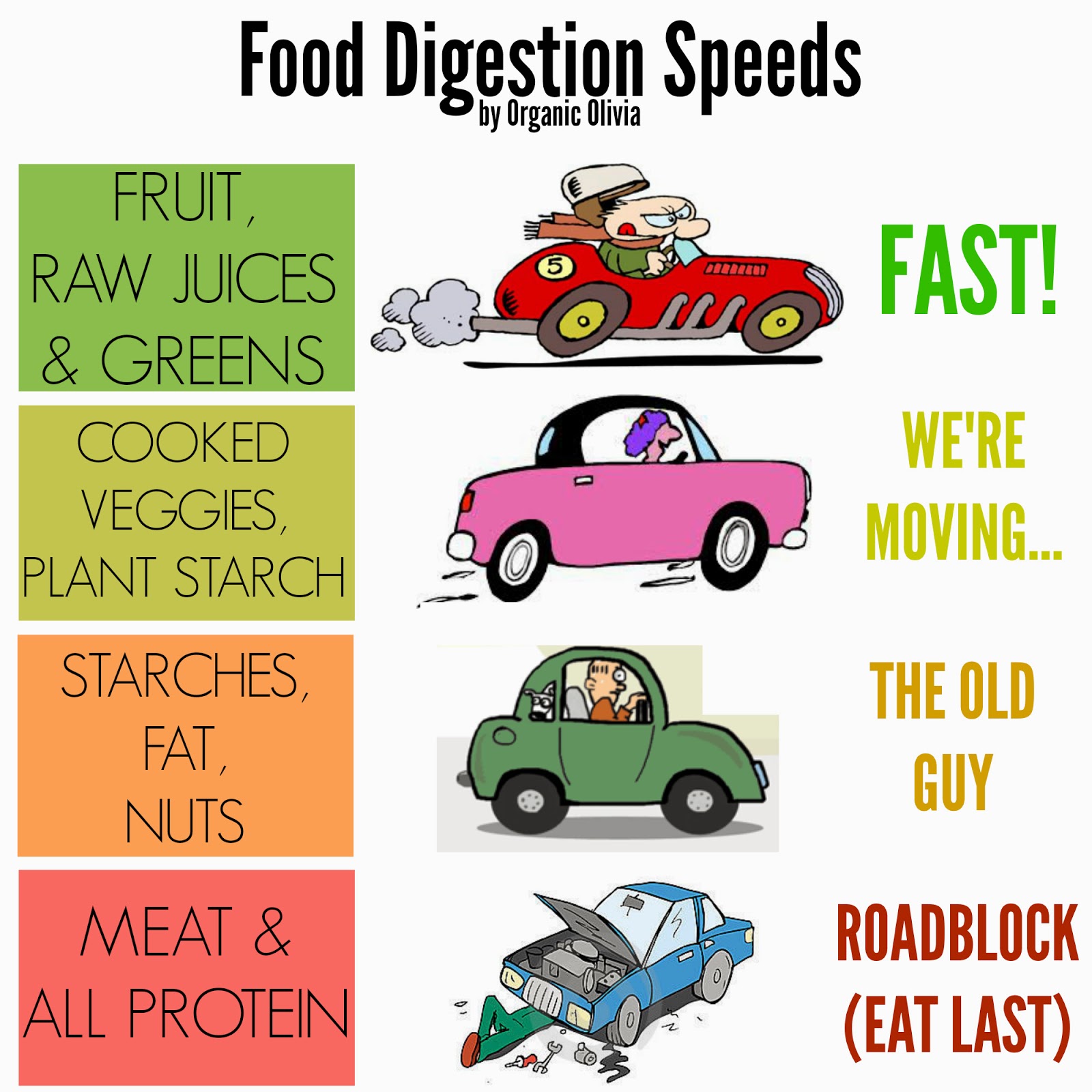Here's something to ponder:
We know that the pancreas secrets insulin to help cells uptake glucose molecules.
We know that type two diabetes can be caused by an inability for the cells to use that insulin. The pancreas stresses out and make more and more insulin. Eventually it slows down. Either way there is way too much sugar in the blood stream and it wreaks havok on the body.
But that's not all the pancreas does. It also secretes digestive enzymes for the intestines to use when turning food into fuel. Diseases of the pancreas are often blamed on excess sugar. Looking at the chart above, it makes me wonder....
The breakdown of carbohydrates begins in the mouth and then what's left is shared by enzymes produced by the pancreas and small intestine.
The enzymes that breakdown proteins also come from the pancreas and small intestine as well as the stomach.
At this point it feels like many organs are sharing the digestive burden, which is probably how it's supposed to be so nothing gets over used.
Here's where it gets tricky. Nucleic acids exist in foods with high protein contents. This includes beans, meats, fish and eggs... even yeast (alcohol), asparagus, cauliflower and other high protein vegetables.
The enzymes that digest nucleic acids come from the pancreas and the pancreas alone.
(And PS too much nucleic acid can be turned into uric acid by the body and cause gout. The king's disease. The disease of people who eat a high meat diet... food for thought).
Fat is also metabolized by enzymes that come exclusively from the pancreas.
My question in all this is why do we believe that diseases of the pancreas come from excess carbohydrate consumption? It seems to me that protein and fat digestion place a much greater burden on the pancreas than carbohydrates do.
Does anyone have any thoughts on this? I would love to learn more!


























